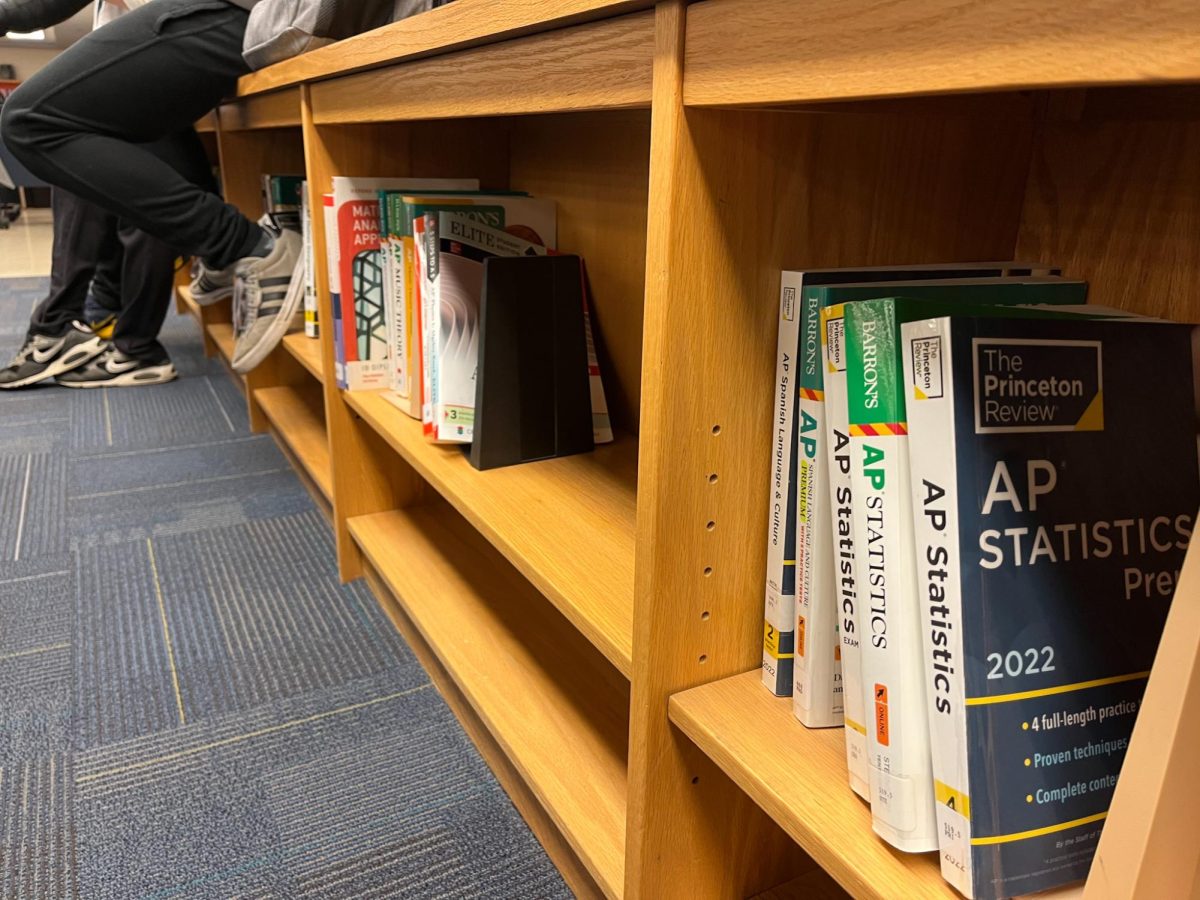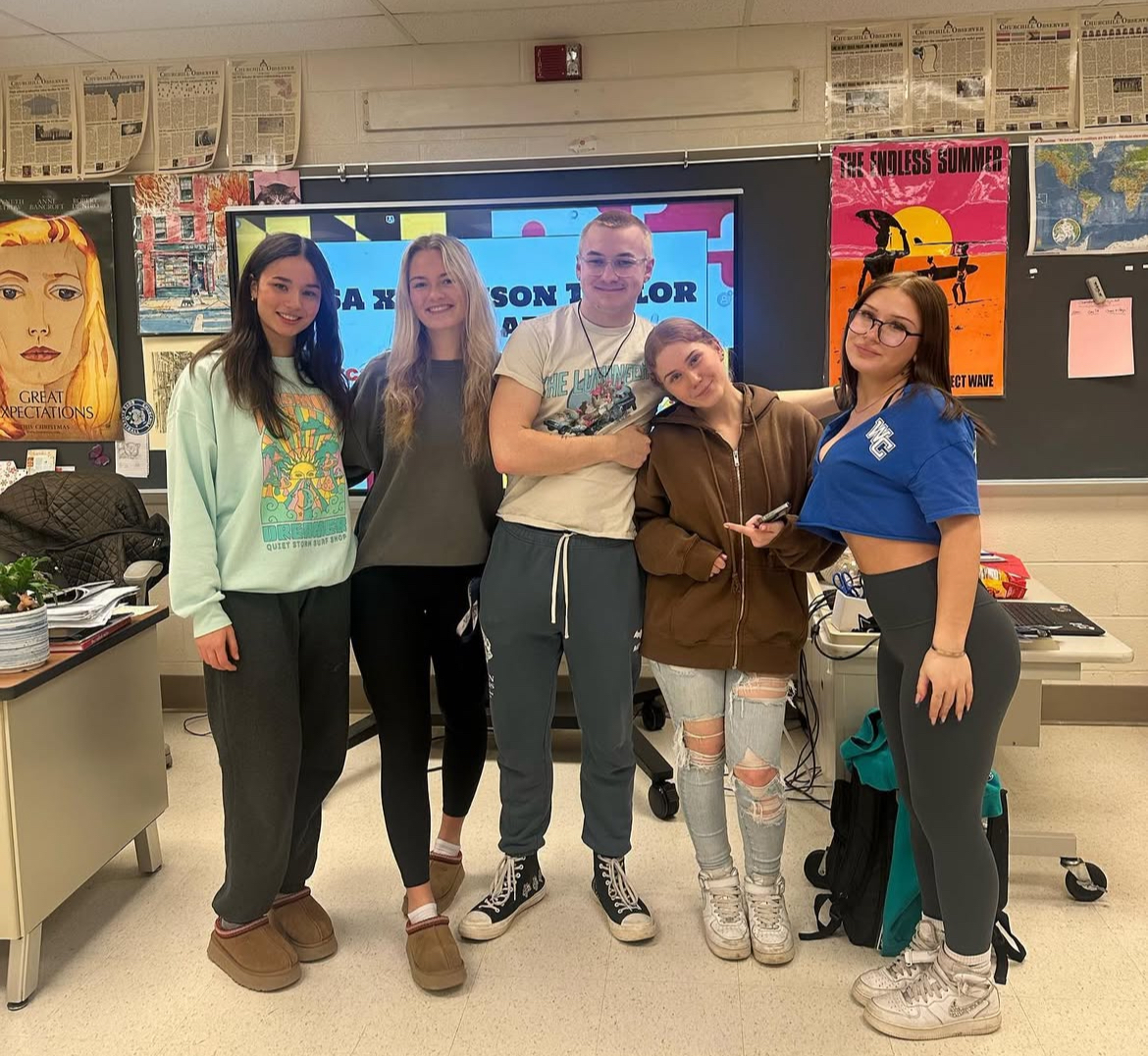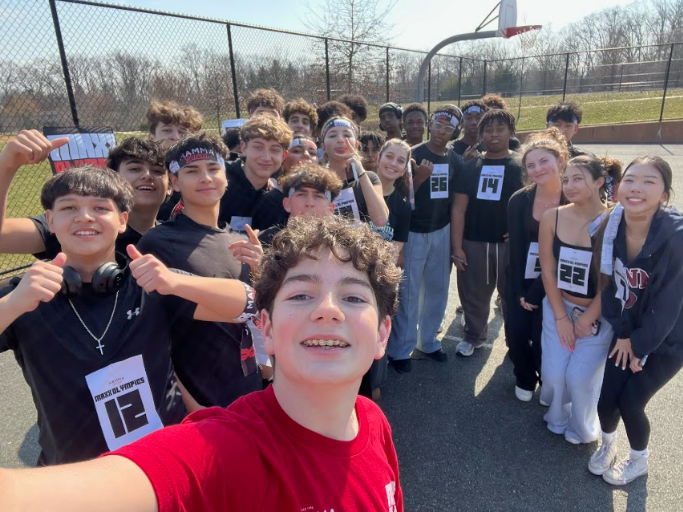Many members of the diverse CHS student body come from countries that are undergoing political turmoil. The Observer takes a peek into life as an international student and its effects at home, particularly when the country in question is undergoing massive change.
IRAN
While thousands of feet pounded against pavement in protest against election results in the distant Middle East, Iranian CHS students at home could almost feel the same beats in America. Their country began a summer of tumult reminiscent of the Islamic Revolution 30 years ago.
A disputed election, in which current president Mahmoud Ahmadinejad was accused of rigging the voting tally, triggered mass protests from Iranians in support of his opponent, Mir Hossein Mousavi. Many Iranian students at CHS have since experienced a reawakening of political efficacy as a result.
Sophomore Kamran Partovi, who visited Iran this past summer, describes his visit as one clearly marked by the political turmoil. His maternal grandparents, aunt and cousins all live in Iran.
“At first glance, if you weren’t paying attention, it [appeared as though it] had really settled down since the initial turmoil,” Partovi said. “[However], some of the first things you’d notice were the graffiti, and the brand new white washed walls where it’s been covered up. Generally, people would write his name, Mousavi [on the walls].”
Some of the protest footage broadcasted in the Western media hit particularly close to home for Partovi.
“When I watched the [protests] on the news, I [recognized] the streets they were marching on,” Partovi said.
Senior Roya Shariat cancelled a planned trip to Iran this summer it because of the protests.
“My mom and I were thinking about going just us two this summer,” Shariat said. “We didn’t know anything [that] was going on. I was disappointed because I’ve never been and I’ve heard so many good things about it.”
Shariat tried to keep in contact with her relatives who live there, but had difficulties.
“[My cousins] weren’t allowed to use their Facebook [accounts],” Shariat said. “It was even harder to contact them by phone. [Because of the government restrictions,] we’re not allowed to see the protests happening now. I think they are still going on just as much as they used to be but we don’t know anything. I wanted to go there and I wanted to help out. It’s sad that I can’t.”
The election results and subsequent reactions sparked a newfound sense of activism in both Shariat and Partovi.
“Ever since the election I’ve been reading the newspaper so much more frequently looking for articles about what’s going on,” Partovi said. “I definitely pay more attention to the political events.”
Shariat has taken a vocal approach and participates in local protests organized by Washington-area Iranians, including her own neighbors.
“We have Persian neighbors who we are close family friends with, and they told us that they were starting a protest right outside of the White House,” Shariat said. “It was crazy. I didn’t think that many [Iranians] cared. I didn’t think that many people in America still had the desire to do something for their home country.”
Shariat found the protest inspiring as an Iranian as well as an American.
“It made me feel good [that] people from all walks of life were there,” Shariat said. “It was a refreshing change of pace to see that people care. From the way that people make generalizations or assumptions about Iran, it was nice to see that people were sticking up for something they see as wrong, even though it may not have any effect in their daily lives.”
SRI LANKA
Despite inhabiting such a small stretch of land, the people of Sri Lanka have undergone immense turmoil. On Dec 26. 2004, a tsunami ravaged the island located just south of India. The natural disaster came in the midst of a bloody 25-year-long civil war between the established Sri Lankan government and the rebels, the Tamil Tigers.
Some of sophomore Nayomi Hetteriarachchi’s paternal family still live in Sri Lanka. And she has visited the country both multiple times before and after the tsunami.
“[Before the tsunami] it was really nice, the beaches were gorgeous, everything was really fancy,” Hetteriarachchi said. “After the [tsunami] we went to do a lot of relief [work] and everything was really destroyed. There were buildings that were broken down [and] you could see the remains of houses lying around.”
This devastation inspired Hetteriarachchi to take action in helping Sri Lankans.
“When we were in America, I went around collecting money from houses [to gather] donations,” she said. “I helped to collect clothing and medicines and helped package [them] to send over there.”
Although she wanted to see other places, the civil war often hindered Hetteriarachchi’s visits. Her parent’s fear of random attacks prevented them from visiting some sites in turmoil. The surrender of the Tamil Tigers in April made life easier in Sri Lanka.
“I think people are a lot less scared,” Hetteriarachchi said. “Before, when they would drive around, there was such a worry. I feel a sense of relief for my family over there. It’s just nice to know that it’s finally over.”
COLOMBIA
For many years, Colombia has been rattled by guerrilla-operated drug trade. Senior Laura Ardila and junior Susana Rios visit the country relatively often.
“I’ve been there around five times,” Rios said. “The last time I visited was last summer.”
According to Rios, because she does not speak with a Colombian accent in Spanish, her relatives worry about her speaking in public because people might take advantage of her. While in Colombia, Rios witnessed the effects of the drug trade first hand.
“I remember once my cousin came from school, acting [normally],” Rios said. “Then at dinner time he said, ‘I got jumped today.’ It was something normal, but that really scared me. He was 14 at the time. He managed to get away because his friend helped him.”
Ardila visits the country every summer. She has extended family and friends who live there and she is able to keep in touch with them easily with modern technology.
While Ardila does not directly follow the political events in Colombia, she feels proud of its developments. She has not seen any aspects of the trade while in Colombia.
“To be honest, I do not keep up with the news down there and can merely say from observation,” Ardila said. “It has gotten a lot safer in the past years. This past summer someone from CHS, who had no relation to Colombia, came with my family and said that it was beautiful and safe.”
Ardila finds the balance between labeling herself as a Colombian and an American to be an arduous but rewarding one.
“I have grown up here my whole life, but I know all my roots are back in Colombia,” Ardila said. “I have no idea which I am more of, but I think that having the two is an awesome opportunity that has provided me with many unique experiences.”







